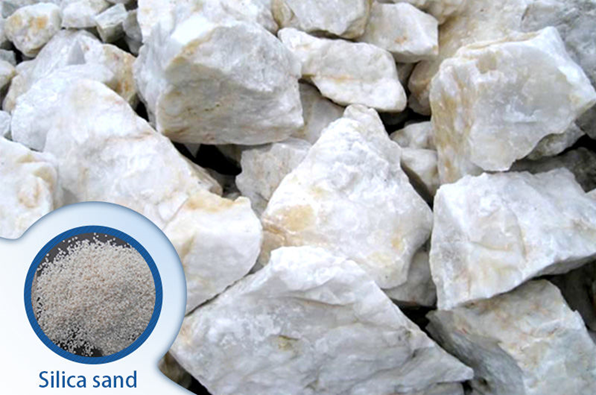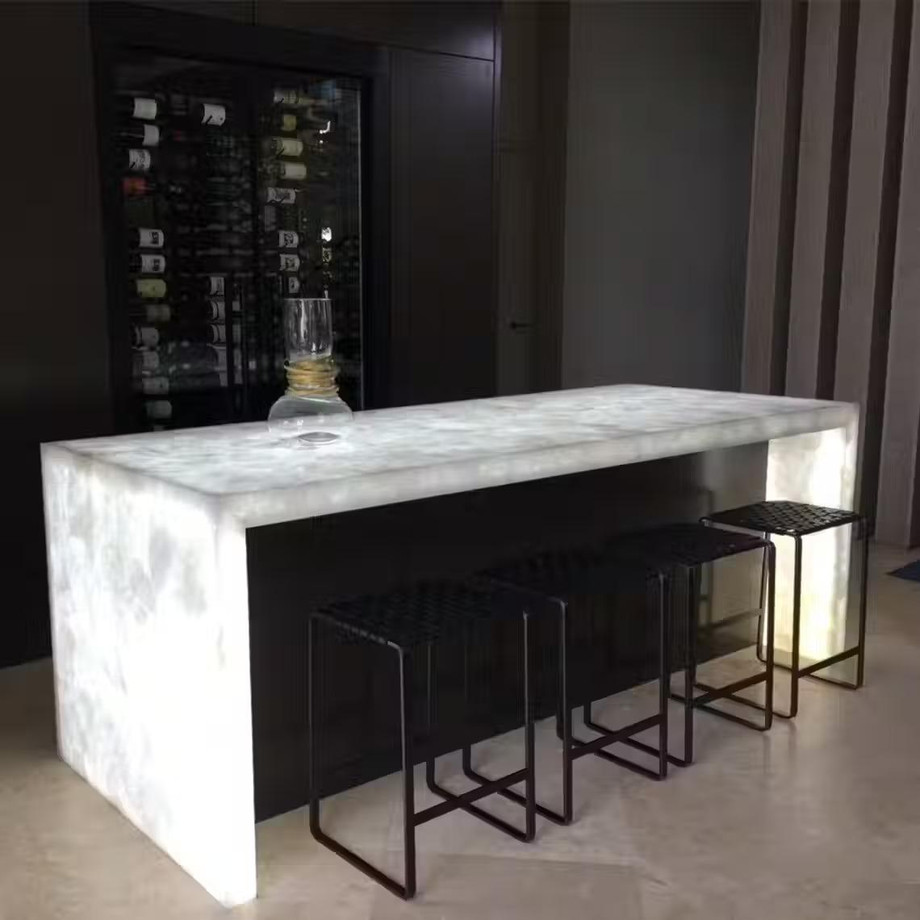A solid slab of natural quartz is created by mining the crystals, grinding them into a dust or an aggregate, and then fusing them with resin binders under extreme heat and pressure. The countertop is coloured by the pigments that are added during the process.
Quartz countertops' price
Quartz countertops cost more up front, but their propensity to survive years longer than other countertop materials usually makes up for this. Additionally, quartz countertops always have great resale values. Homebuyers value quartz countertops, which are typically viewed as a positive in any kitchen or bathroom.
QUARTZ countertops: ARE they made of natural stone slabs?
Quartz is a completely natural substance composed of a white or colorless mineral. Quartz countertops are a type of manufactured stone, as opposed to real stones like marble, granite, and soapstone.
Although they are made of natural quartz stone, additional resins, colors, and other elements help to improve their strength and style. Continue reading to find out how it's created, why it rivals natural stone, and how it differs from other artificial surfaces.
HOW STONE RIVALS
Natural stone countertops and quartz countertops are different in a number of ways. Natural stone's erratic patterns and movement appeal to certain people, while quartz's uniformity appeals to others. What you see is exactly what will be installed in your kitchen or bathroom, whether it's the veining, sparkles or colour depicted in a sample. Additionally, you can choose items that resemble stone, such as marble-looking quartz.
Due to its resistance to mold, heat, scorch, stains, and scratches, it is also practically indestructible. It is more healthier to choose this product, especially in the kitchen, because its non-porous surface makes it 99.9% bacteria-free, whereas porous genuine stone, like real marble, will soak up every spill and splash.

It also takes very little upkeep, which is an added benefit. Quartz doesn't require sealing; natural stone requires it every few months or once a year. It is also easy to maintain with just a soft sponge, water, and dish soap for more difficult dirt.
QUARTZ MAKING PROCESS
In terms of weight, quartz countertops can be made up of 93% to 95% quartz and 5% to 7% resin. Using Italian Breton stone technology, which combines pulverized quartz or other natural stone aggregates like granite and marble with a polymer resin mix, engineered quartz is created. The material is devoid of air before being heated and formed into a slab. It may also include additional components like glass, mirror, or ceramic to give it a unique look.
Additionally, color can be applied during the process to help give the quartz countertop a dramatic or neutral appearance. One of the features that attract both homeowners and designers to man-made quartz is the huge variety of color choices.
Quartz countertops' advantages
Great looks: For many customers, the quartz countertop's natural luster is its most appealing feature. Quartz, as opposed to laminate, has a rich, nearly three-dimensional look that resembles actual stone. Solid surface and quartz both have a similar appearance, however solid surface tends to be a little bit

